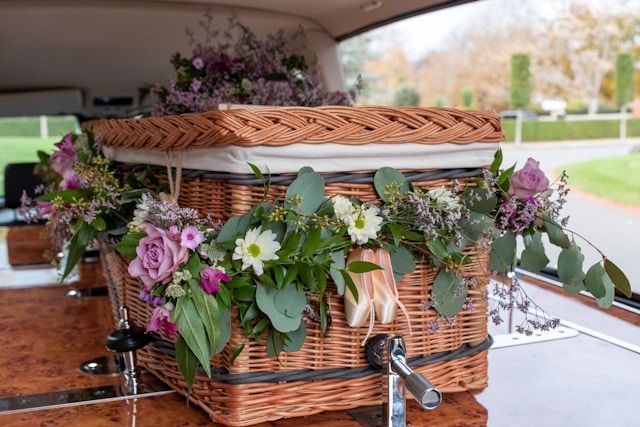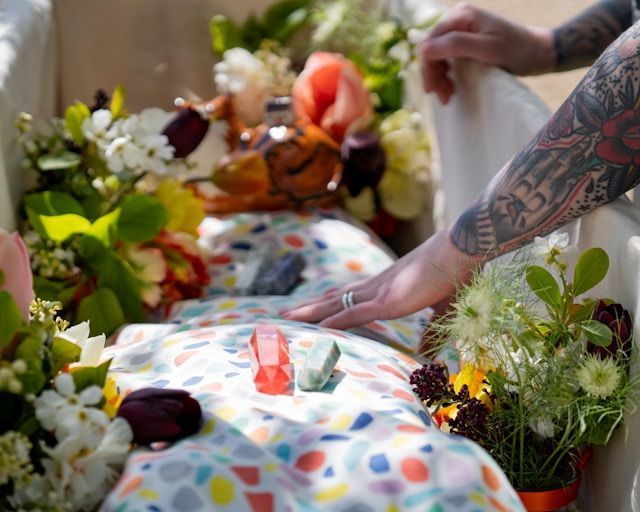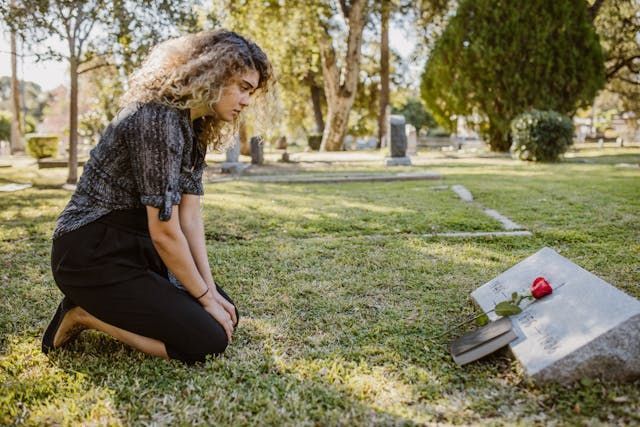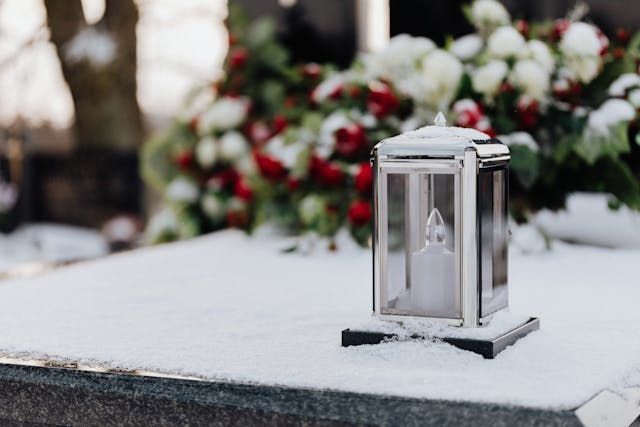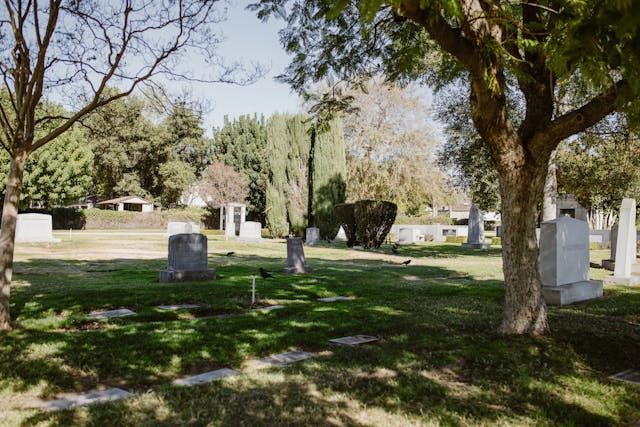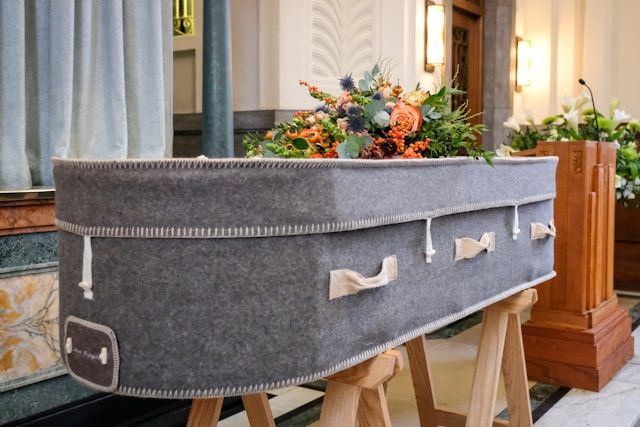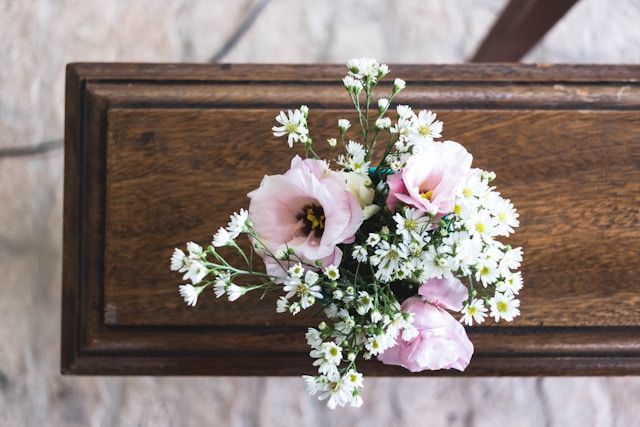Professional Mourners
Professional mourners have a long and storied history in the funeral process. They are hired by grieving families to attend funerals and openly mourn for their deceased loved one.

It's unlikely there will be professional mourners at funerals at funeral homes in Wirtz, VA, but professional mourners have been and are an embedded part of the funerals around the world. Professional mourners are paid to attend funerals and to mourn the person who has died, but it's unlikely that they knew the person or even ever heard of the person.
Professional mourners are not a common feature of most Western funerals, but they are in other parts of the world. In Asia, for example, professional mourners have been an integral part of funerals since the 19th century. In many Asian countries, funerals are elaborate. Wealth and status are on display, so funeral attire both by the deceased and by the bereaved family is elegant and the number of people who mourn the loss of the deceased is proportional to the status that they held in their community. That is why professional mourners are most often hired.
The job of professional mourners is to act sorrowful, sad, and to bemoan the loss of the deceased. In some cultures, professional mourners are expected to be somber, sober, and silent as a show of respect and honor to the deceased. In other cultures, professional mourners are hired to put on great emotional displays of sadness and sorrow.
Professional mourners had their beginning in ancient Egypt. We see, in the Old Testament of the Bible, that the Israelites had adopted the custom of having professional mourners from their sojourn in Egypt.
In ancient Egypt, the role of professional mourners was to attend funerals and depict Isis and Nephyts, two of the Egyptian gods who played a critical role in death. Instead of filling ceremonial need, as is common with professional mourners now, these professional mourners in Egypt filled a religious need. Egyptian professional mourners devoted themselves to this career and immersed themselves in their representation Isis and Nephyts. Many of them had the names of both gods tattooed on their bodies to deepen their impression of them on funeral goers.
In Victorian times, professional mourners were common feature of funerals. In the 19th century, funerals were huge productions. Again, wealth and status were on display as society was experiencing social upheaval due to the Industrial Revolution, which elevated groups of people socially, who were before much lower on the social ladder. Therefore, funerals were a way to show how wealthy family was and how much status they had. Professional mourners, who were known as mutes, were hired to make the funeral appear to be very well attended.
Victorian professional mourners were to be seen, but not heard. A famous example of a professional mourner is found in Charles Dickens' title character, Oliver Twist, who was paid to attend the funerals of children. Dickens was an opponent of the practice of hiring professional mourners, and he often ridiculed the profession in his novels.
While it may seem to be pretentious to hire people to attend funerals and mourn people who have died, the impetus behind using professional mourners has been social inequality. When a societal flux occurs and creates sudden social mobility for people who had previously been at a lower social strata (and were often impoverished and oppressed), then there's a desire to show the upward movement and to gain respect.
For information on funeral rituals at funeral homes in Wirtz, VA, our compassionate and experienced staff at Conner-Bowman Funeral Home & Crematory is here to help. You can come by our funeral home at 62 Virginia Market Place Dr., Rocky Mount, VA, 24151 or you can contact us today at (540) 334-5151.

